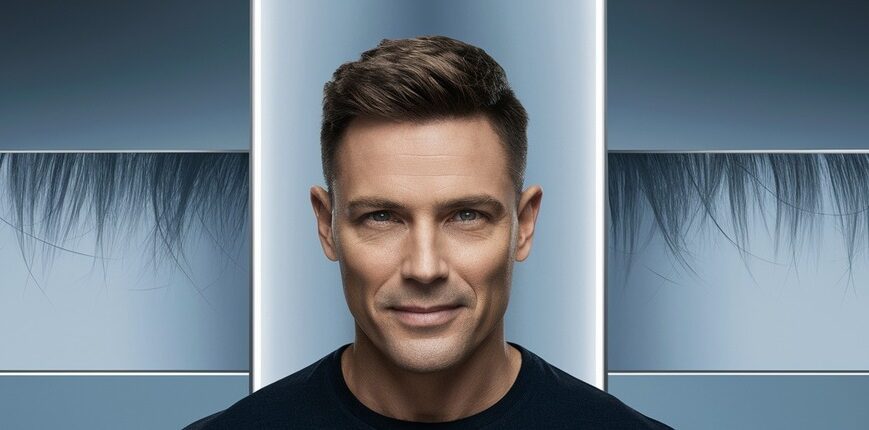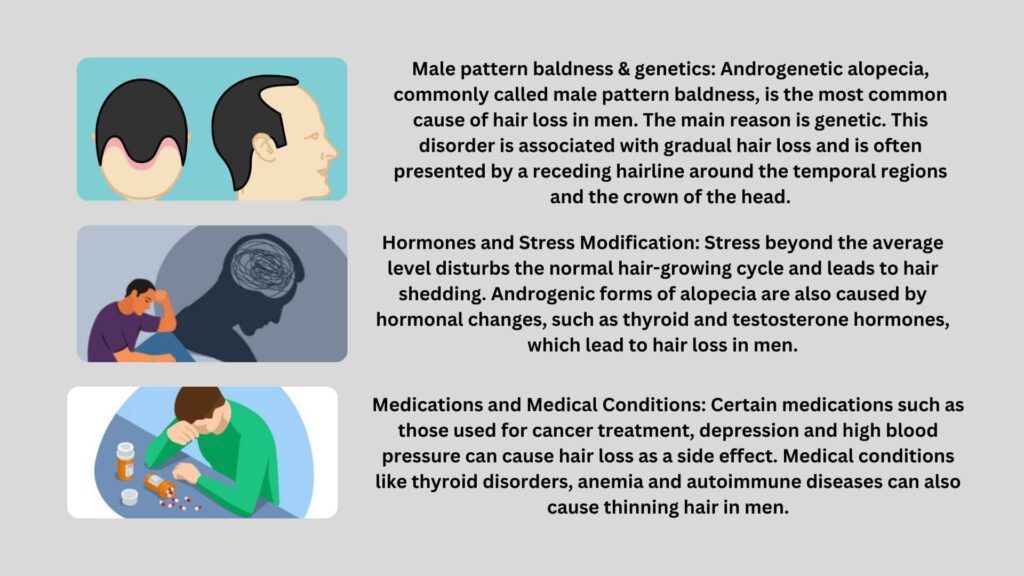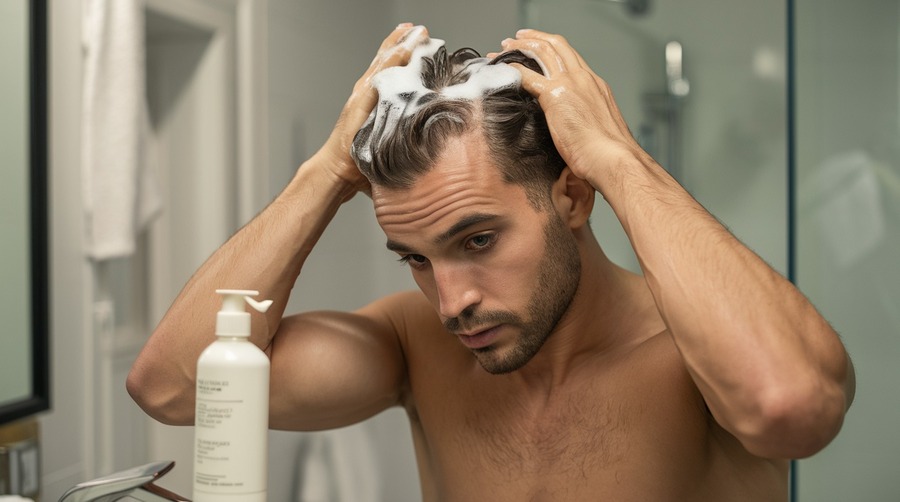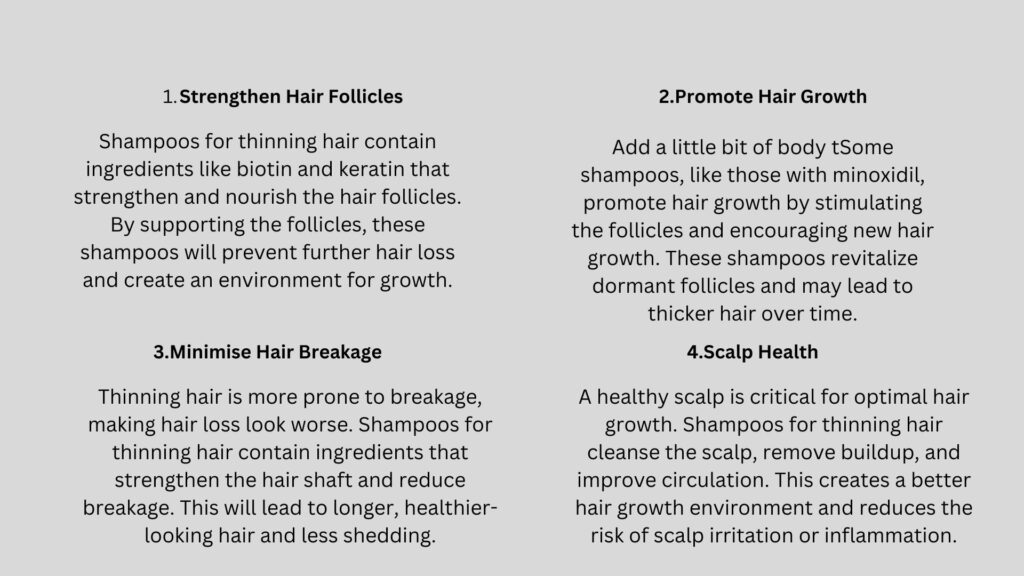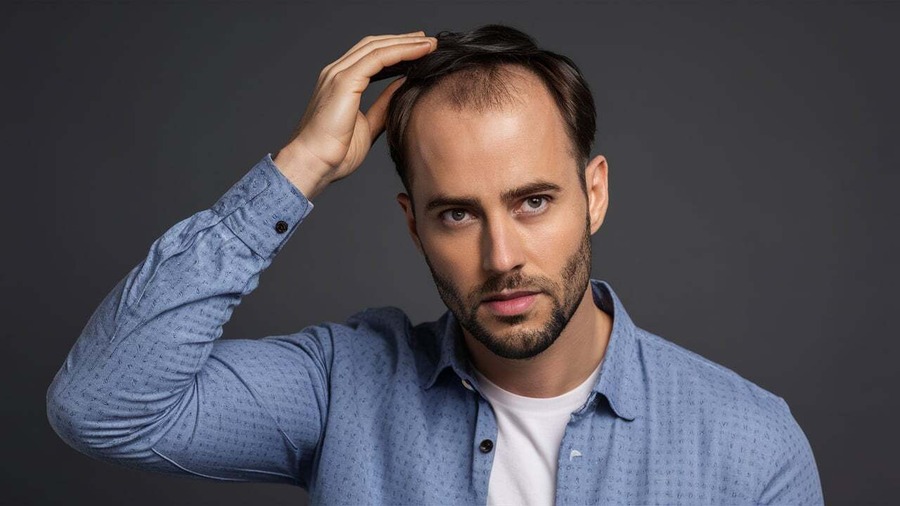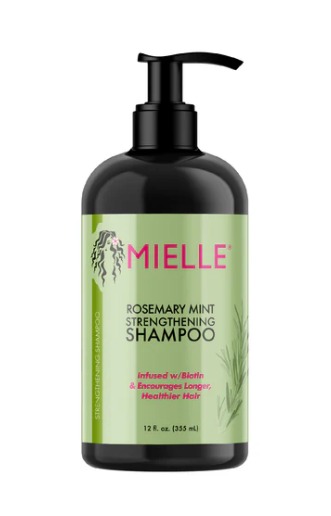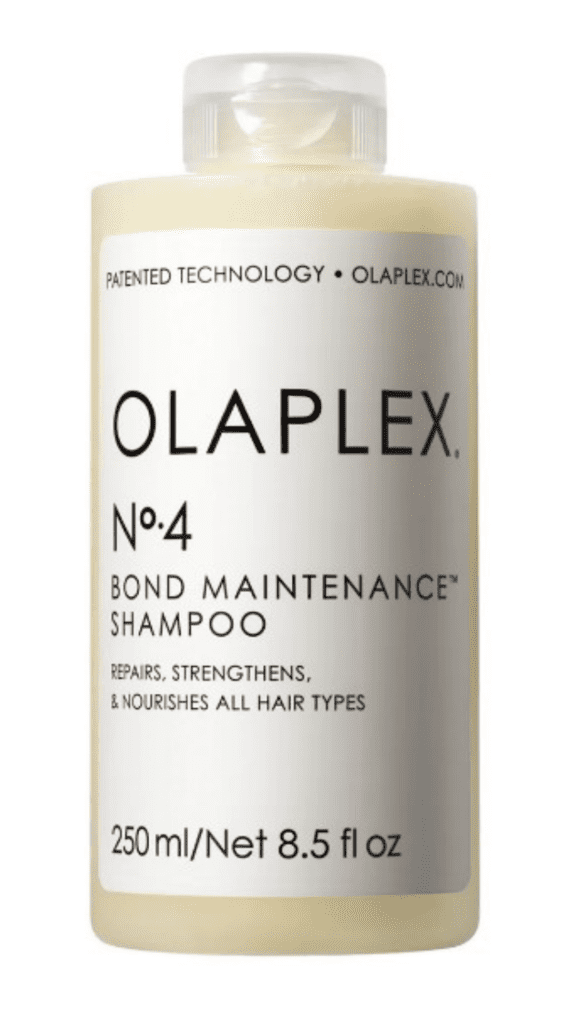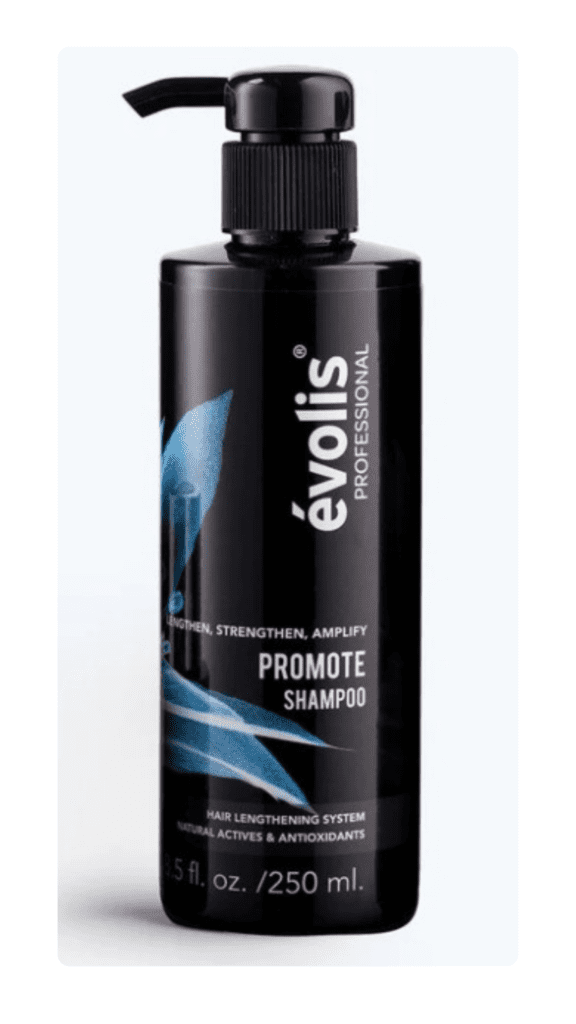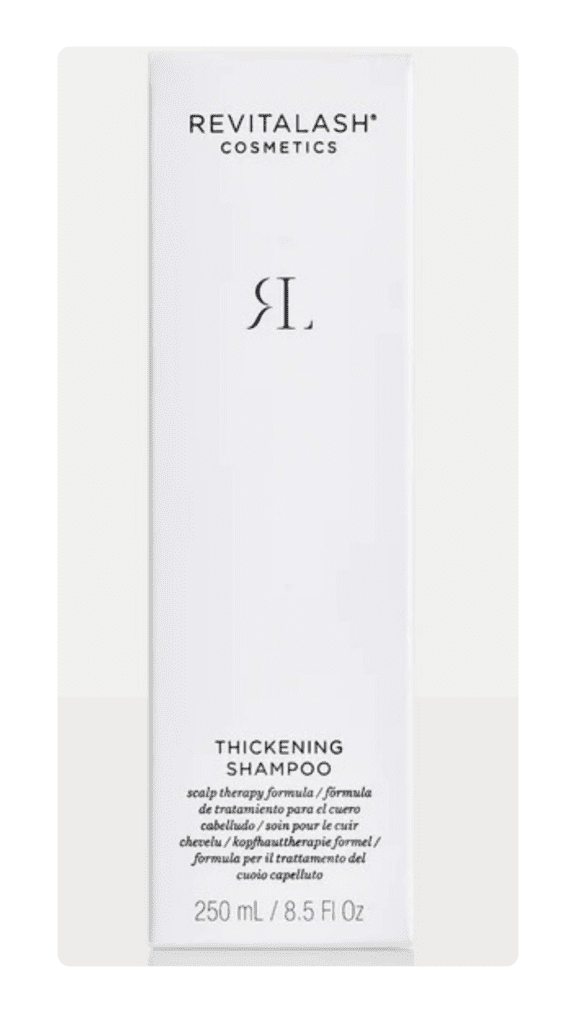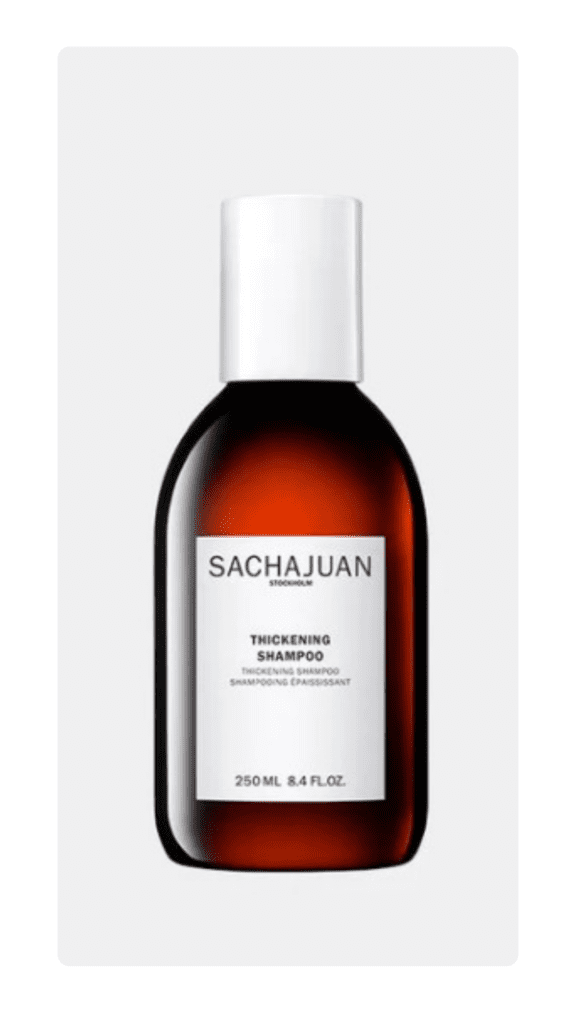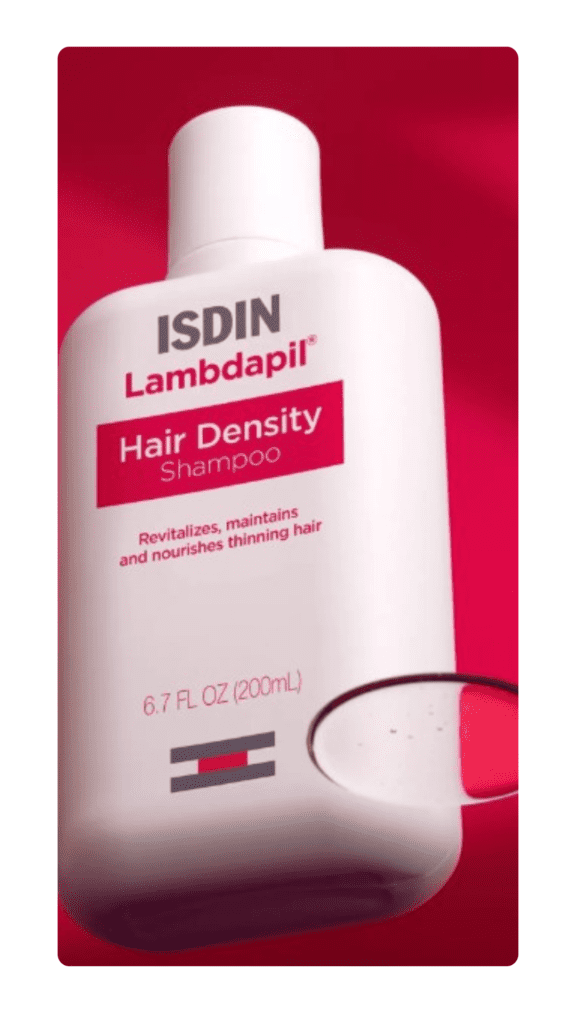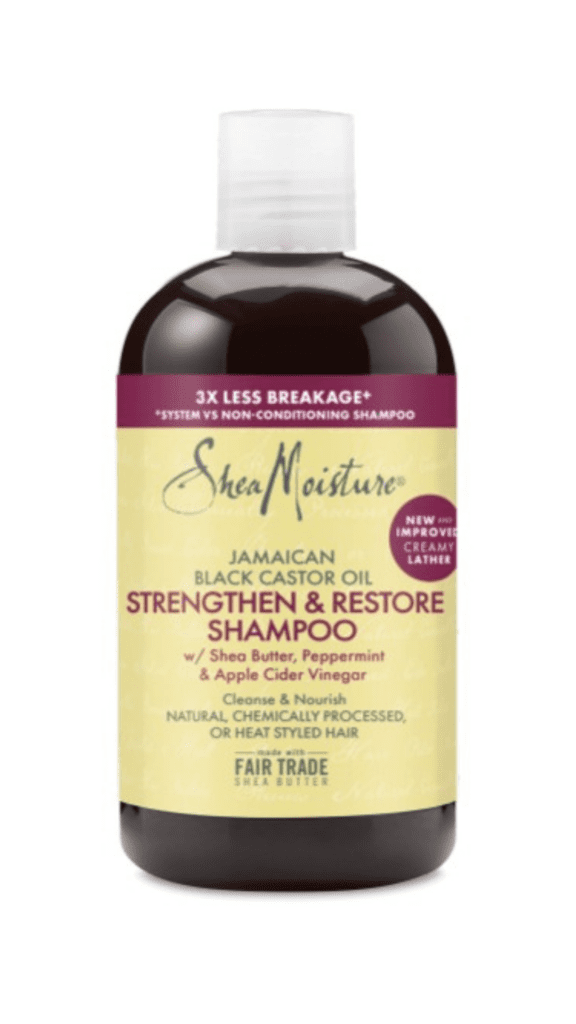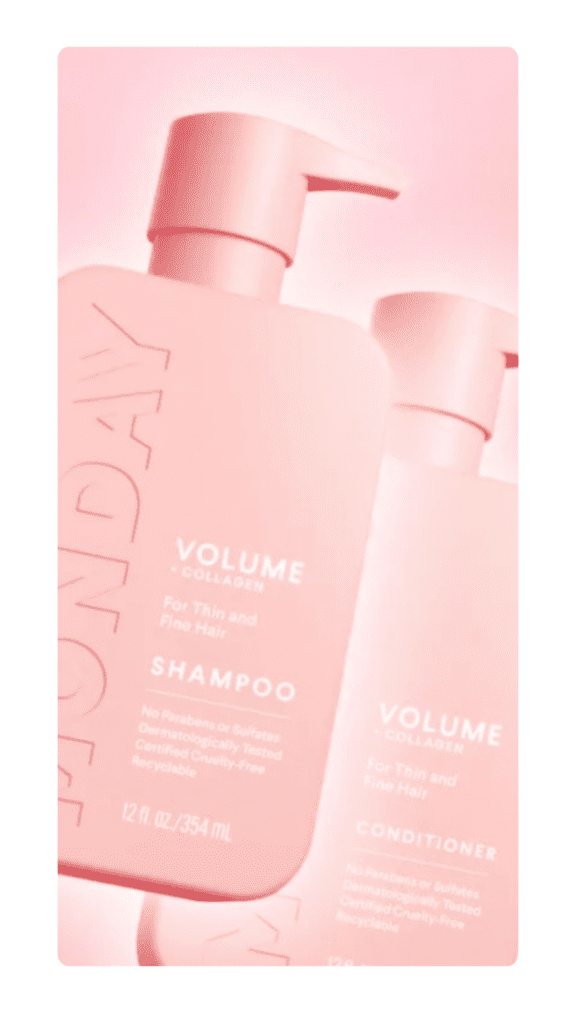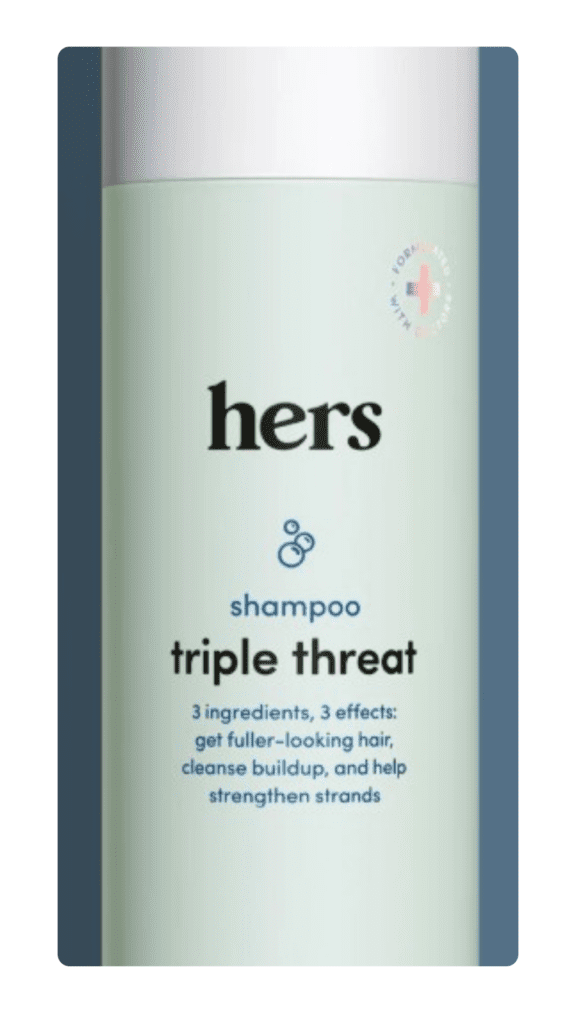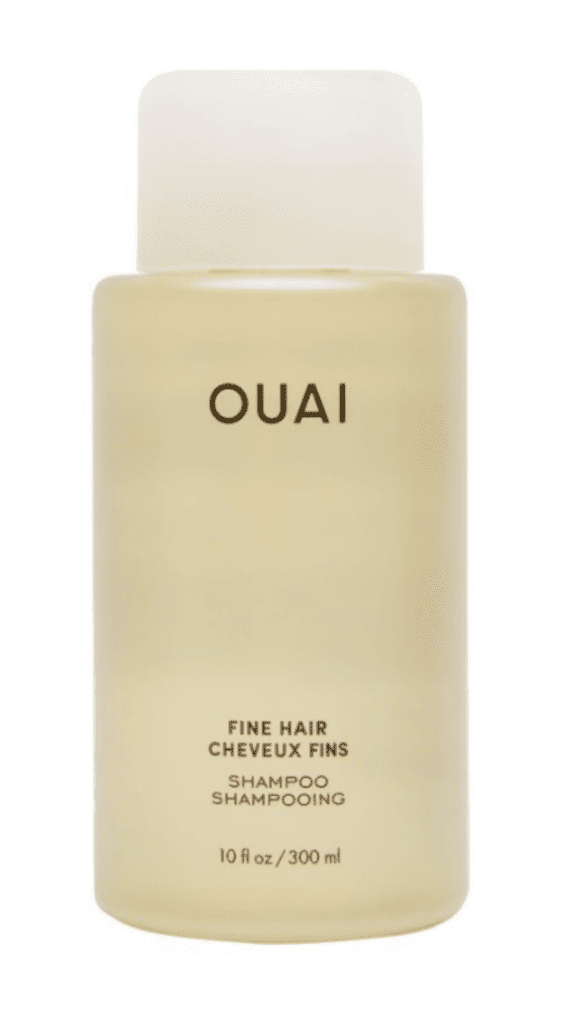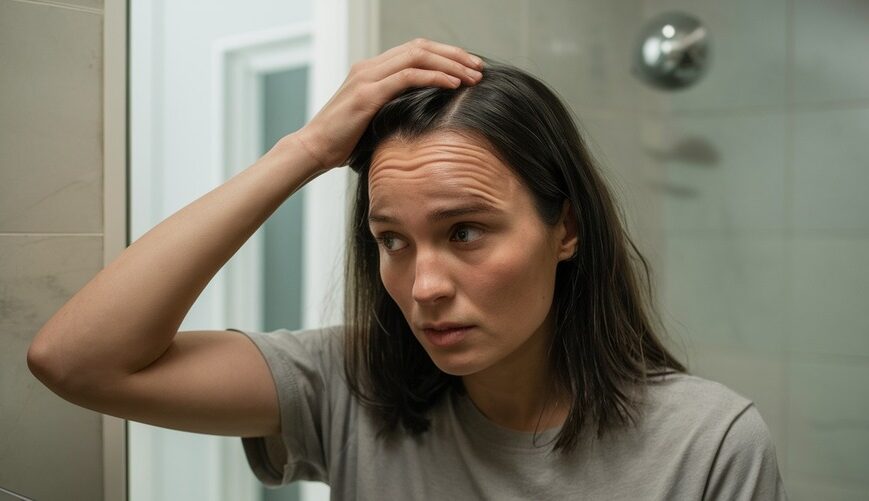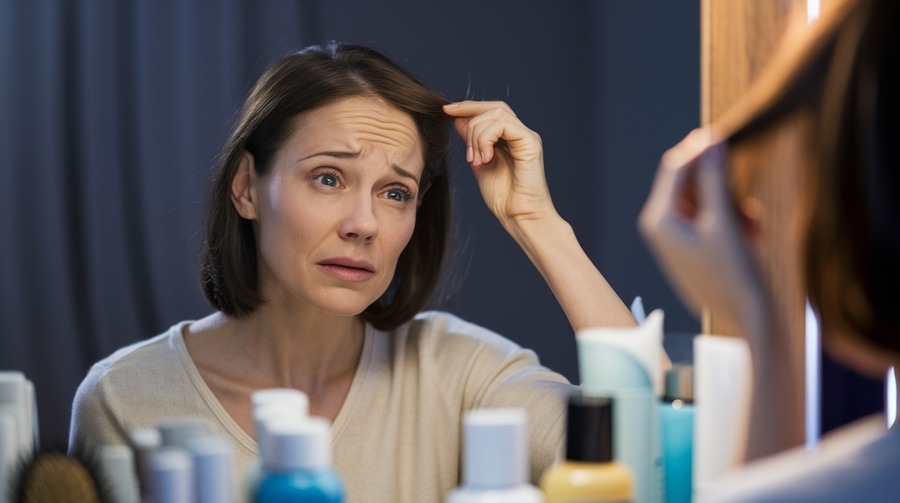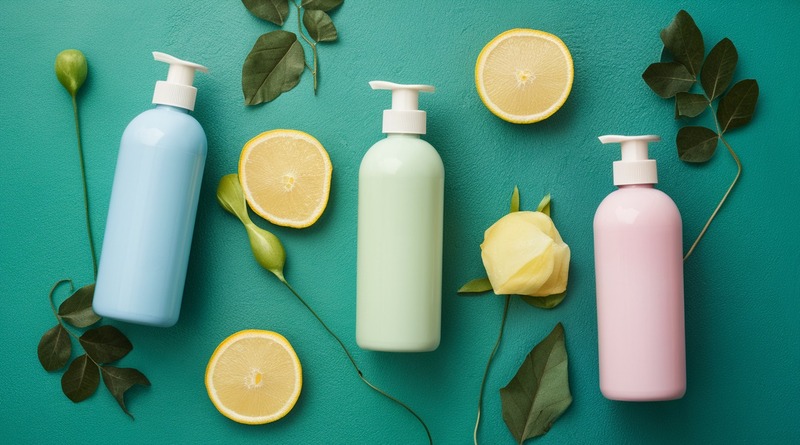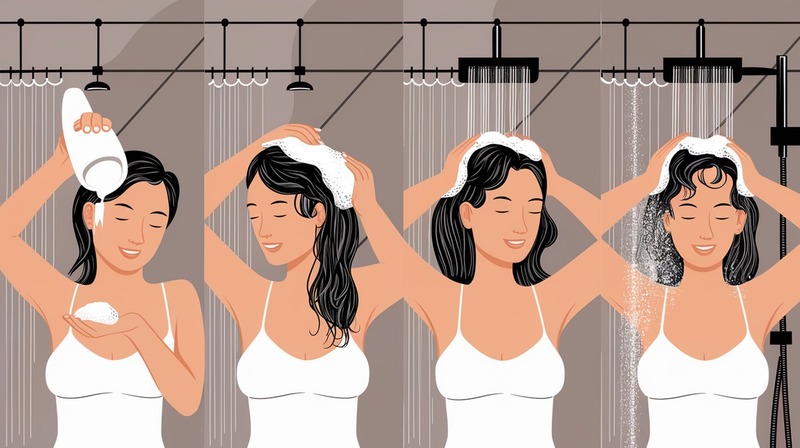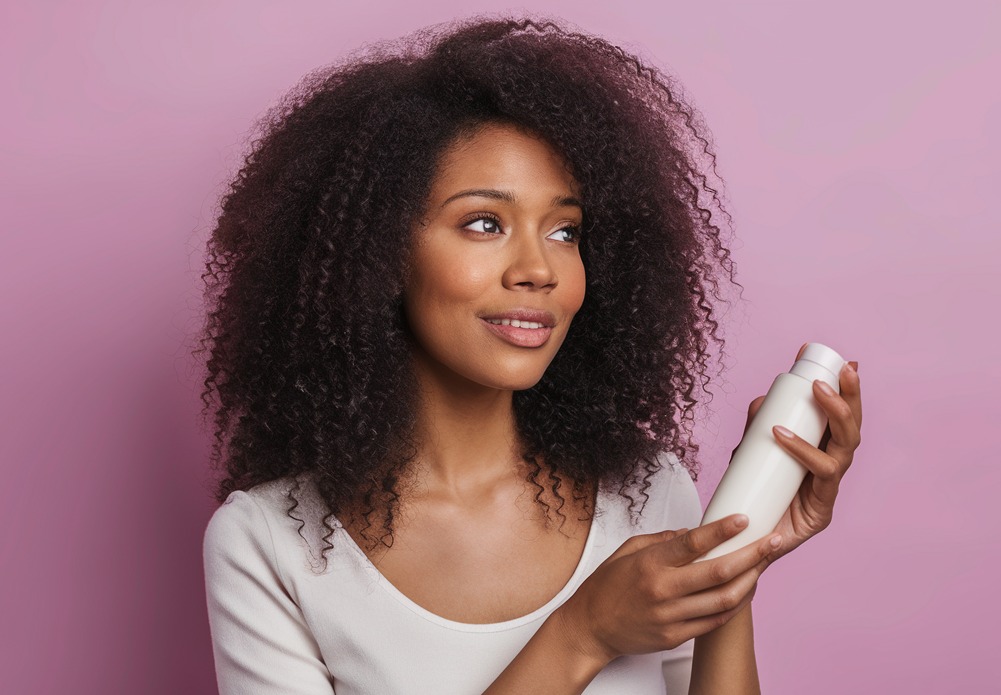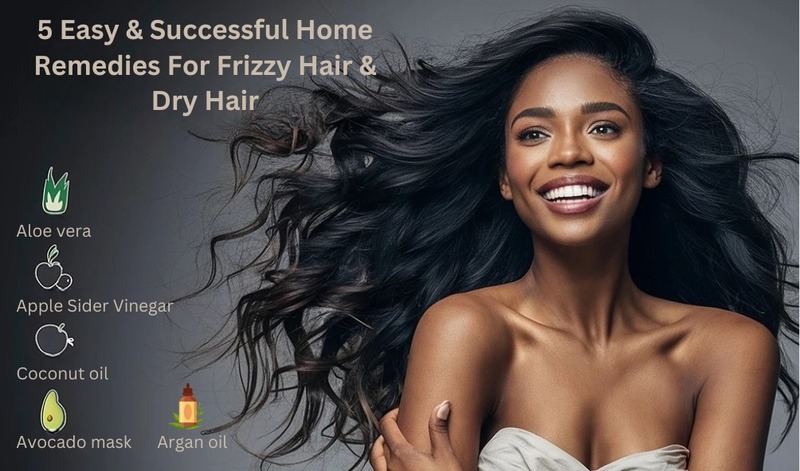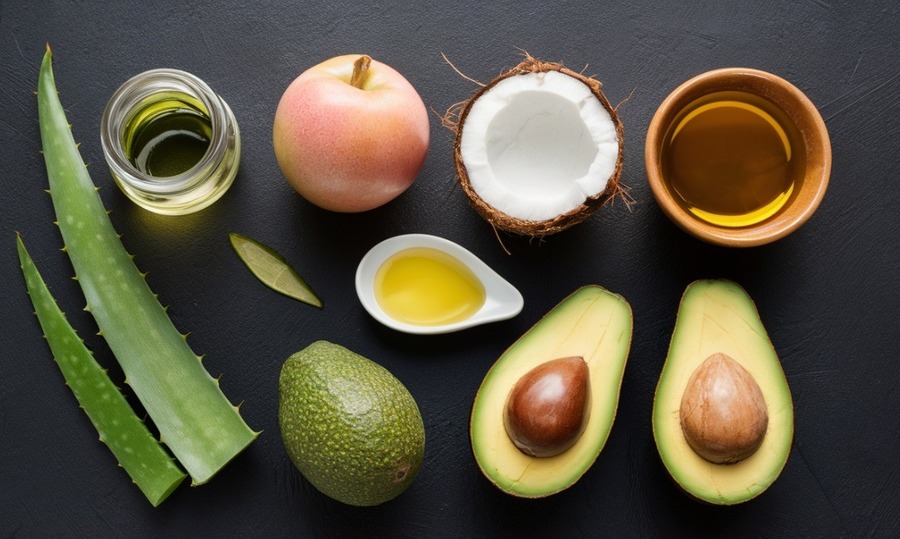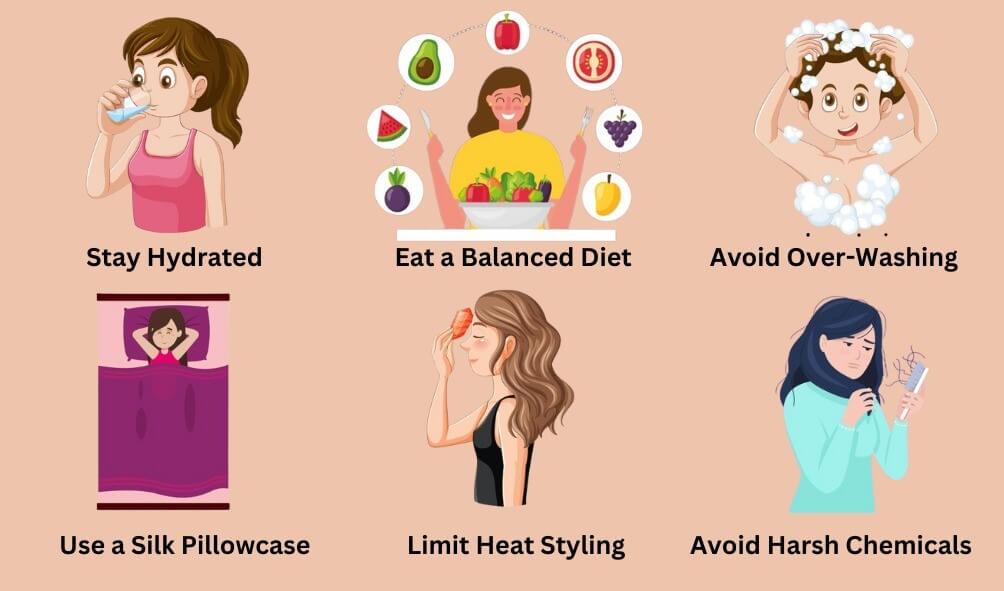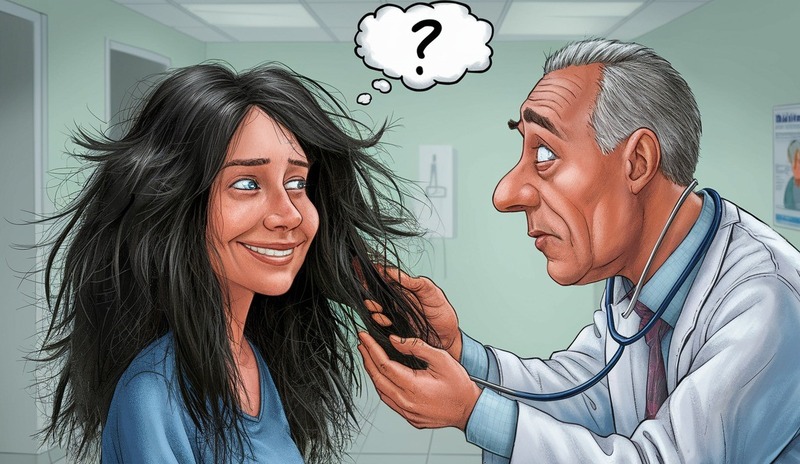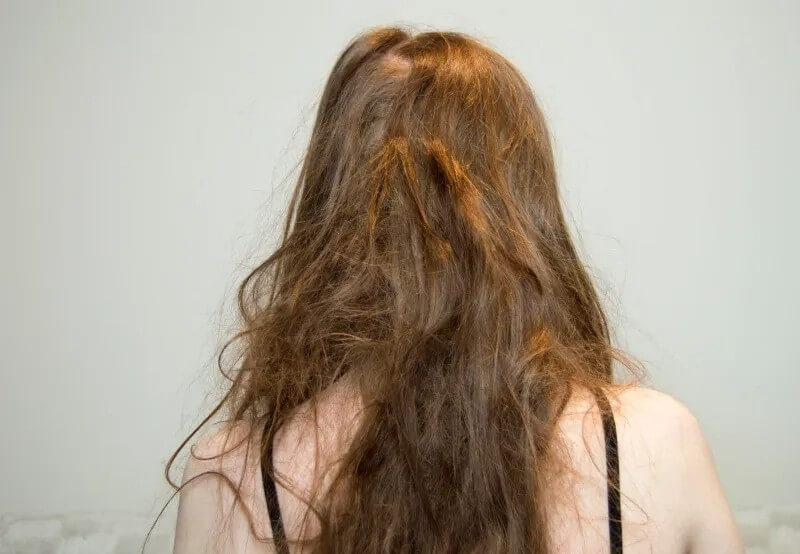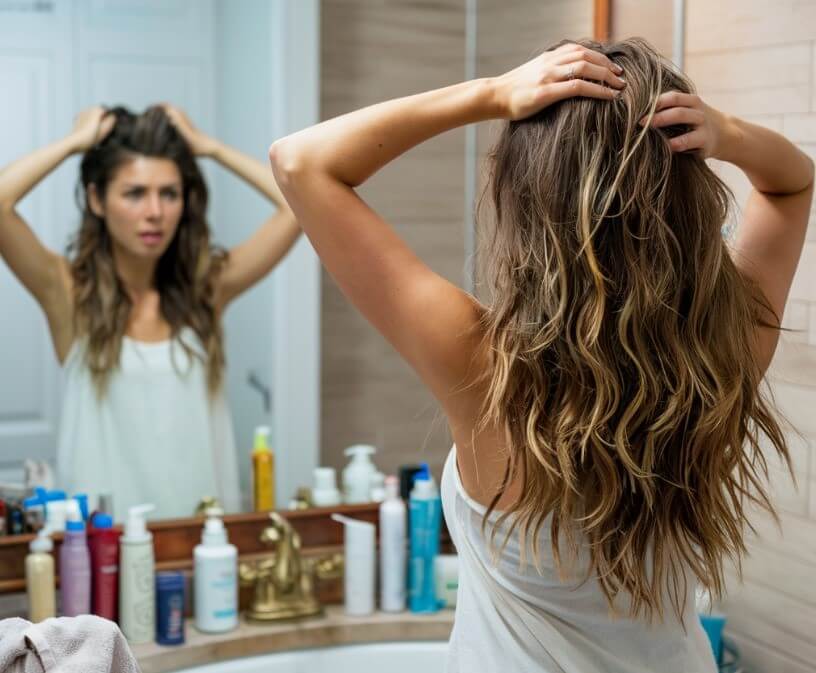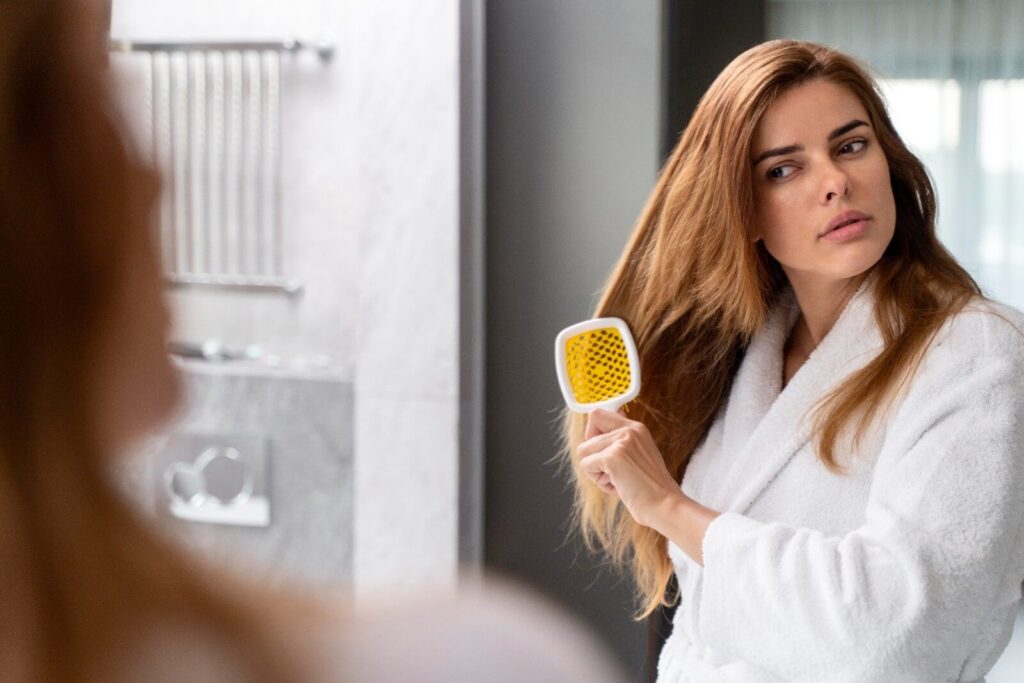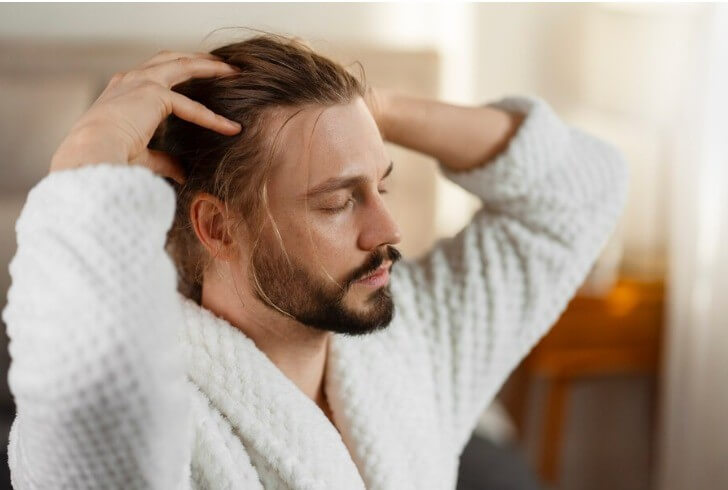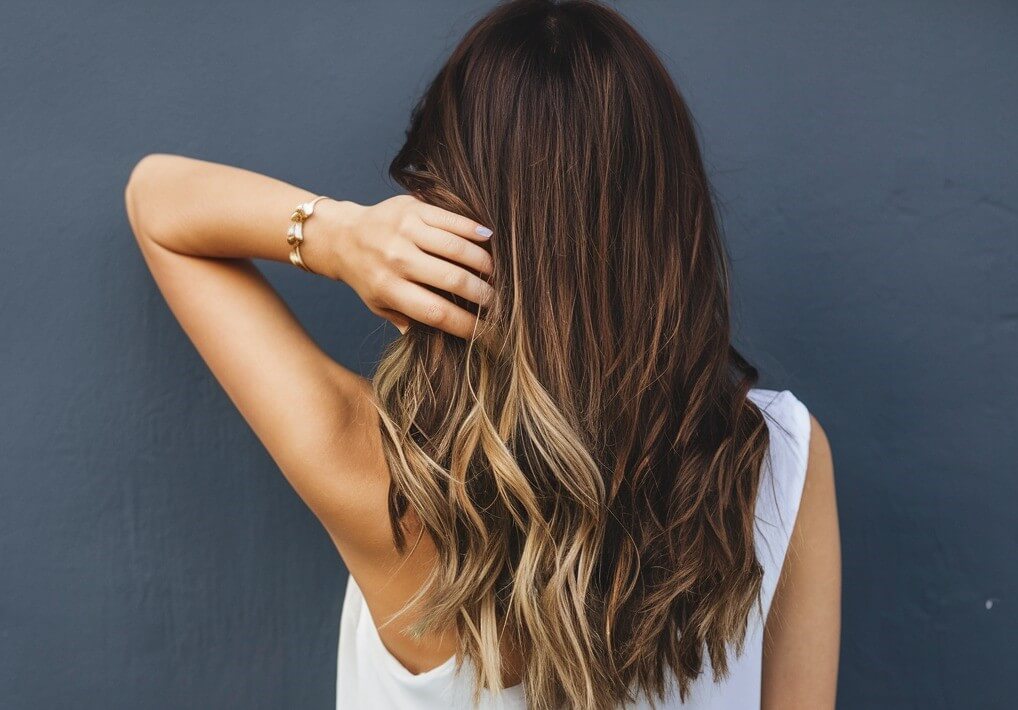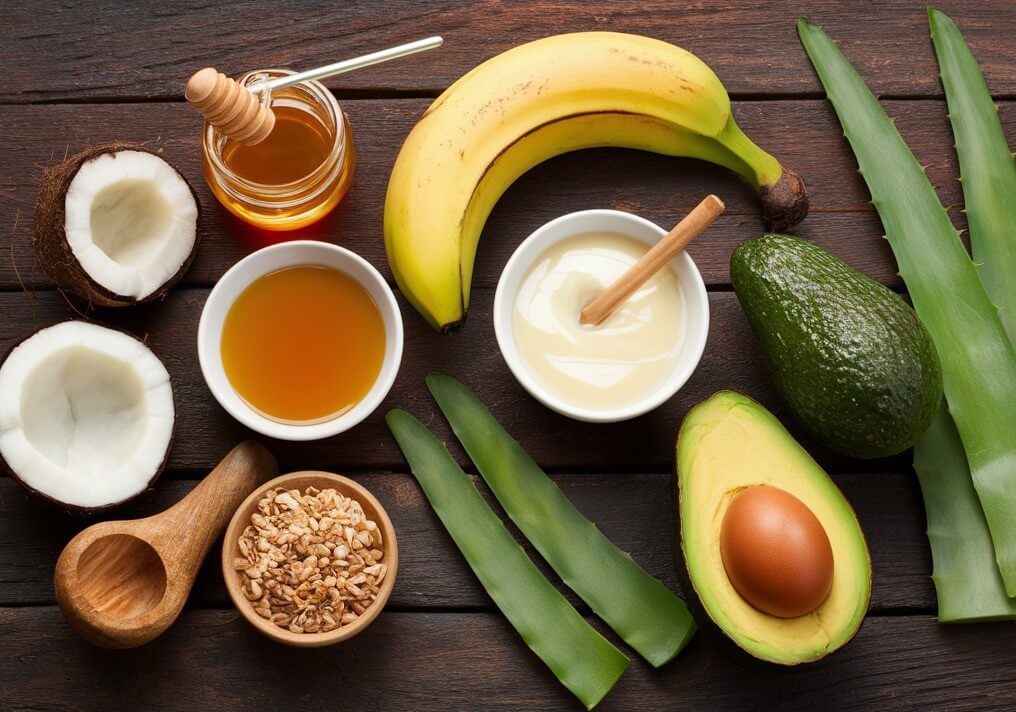Overall, hair loss is visibly noticeable and brings discomfort to many men; therefore, thinning hair contributes to appearance and confidence loss. In their old age, they look for a cure as they notice that even their hair is thinning. When dealing with thinning hair, it is essential to make the right choice of product, in particular, Shampoos for Thinning Hair Men.
A good shampoo that focuses on thinning hair may assist in retaining better hair growth, nourishing hair roots, and providing proper scalp cleansing.
In this case, we will explore the factors contributing to hair loss or thinning hair in men and the key aspects men should consider when using Shampoo. Thin hair can significantly affect the self-esteem of many guys as it is a sign of weakness and unattractiveness. Boys look for solutions when they develop grey hair or start experiencing hair thinning as they grow older. Finding and Choosing the right Shampoos for Men with thinning hair is essential to reduce the effects of thinning hair.
A good quality shampoos for thinning hair men can help improve hair growth, nourish hair roots, and help clean the scalp.
What Causes Thinning Hair in Men?
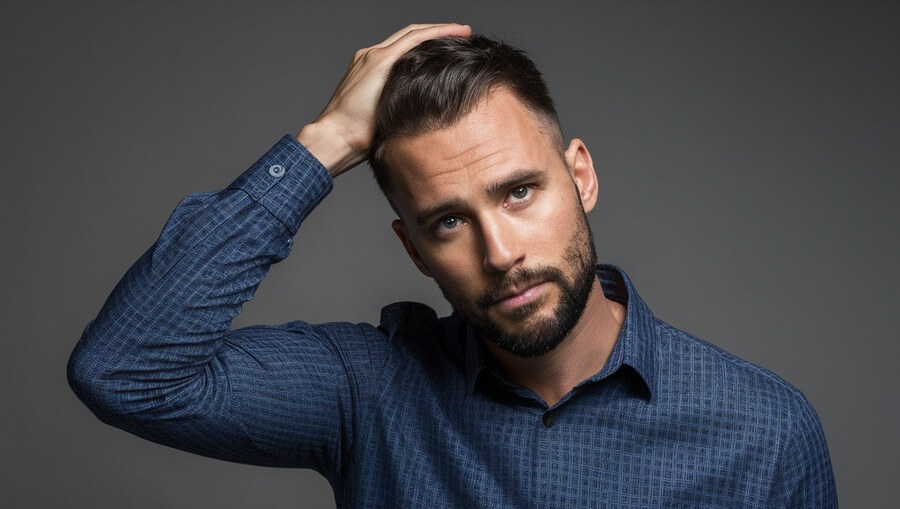
- Genetics: The more common trigger for male pattern baldness is genetic factors whereby a man is likely to inherit a condition called androgenetic alopecia from his father or male role model. This is due to genetic and hormonal reasons.
- Hormonal Changes: One factor that is attributed to hair loss is a change in hormonal balance, which results in the reduction of what is called dihydrotestosterone in the hair follicle.
- Age: Some effects of ageing in men are that the hair growth rate decreases, and the hair follicles start to reduce the rate at which they reproduce, thus resulting in thinning hair.
- Nutritional Deficiencies: Certain nutrients, such as vitamins A and B complex vitamins, minerals, including iron and zinc, and a lack of requisite proteins, can lead to hair thinning.
- Stress: Stress and physical or psychological tension can trigger other conditions that result in temporary hair loss episodes, such as telogen effluvium, in which the hair roots expel themselves and go into a resting phase.
- Medical Conditions: Flu, thyroid disorders, autoimmune diseases and lice infections are among the diseases that lead to thinning hair.
- Medications: Several drugs, particularly those administered for cancer treatment, arthritis, depression, heart issues or hypertension, may result in hair loss.
5 Myths About Male Hair Loss Many People Still Believe
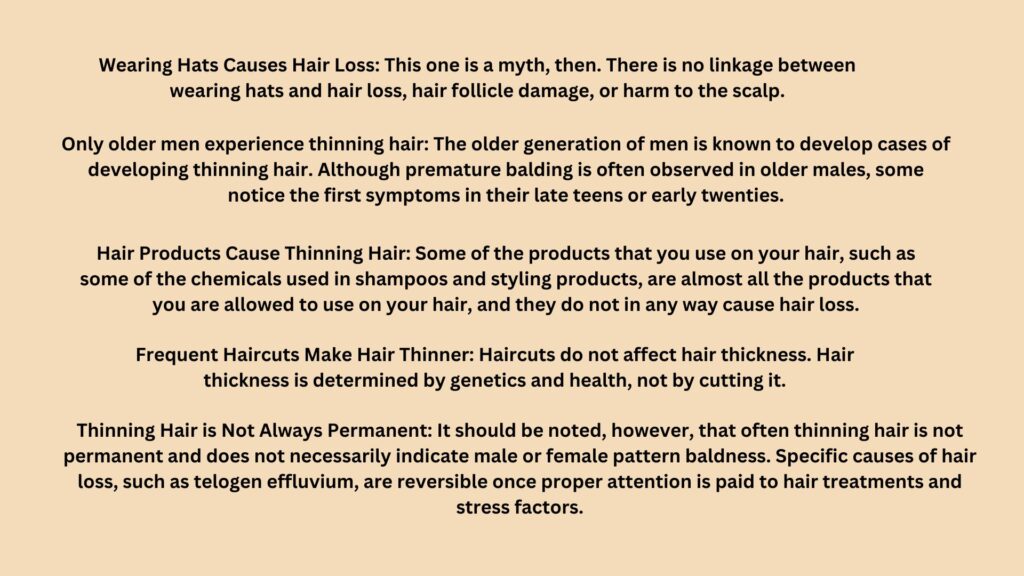
What to Look for in a Shampoos for Thinning Hair Men
Here’s what to look for:
Volumising Agents
Look for:
- Panthenol (pro-vitamin B5) – ensures hair strengthening and thickening.
- Biotin– promotes hair growth and thickness.
- Keratin: It helps repair and strengthen the shafts of hair.
DHT Blockers
Dihydrotestosterone (DHT) is a derivative of testosterone that leads to the miniaturisation of hair follicles and thus leads to hair loss. Ingredients that block DHT include:
- Saw palmetto inhibits the activity of 5-alpha reductase, the enzyme involved in converting testosterone into DHT.
- Pumpkin seed oil acts as 5-alpha reductase and helps grow hair.
- Caffeine makes hair follicles more active and competes with DHT for receptors on hair follicles.
Natural Oils and Extracts
Certified natural oils and extracts can nourish the scalp and hair. Look for:
- Rosemary oil is known to promote blood circulation and regrowth of hair.
- This essential oil, in addition to its hair benefits, provides a cooling sensation in the head area, offering a soothing experience.
- It is composed of fatty acids and vitamin E that enhance hair moisture.
Sulfate-Free Formulas
- By choosing a sulfate-free shampoo, you can avoid the negative effects of sulfates, such as scalp sensitization and the removal of the hair’s natural moisture. This simple switch can help you maintain a healthy scalp and hydrated hair.
This Shampoos for thinning hair men contains components that feed the scalp, encourage hair growth, and even help with thinning. To get the most out of it, please follow the instructions and use it with a decent conditioner.
Advantages of Using Shampoos for Thinning Hair Men
Top Good 6 Shampoos for Thinning Hair Men
Here are the top 6 shampoos for thinning hair men, based on their performance and popularity:
PURA D’OR Original Gold Label Anti-Thinning Shampoo
This shampoo, formulated with a blend of natural ingredients, is designed to strengthen hair and reduce thinning. It features biotin, nettle extract, and other essential nutrients that promote scalp health and hair growth.

PURA D'OR Original Gold Label Anti-Thinning Shampoo
Key Features:
- Organic Argan Oil nourishes and strengthens strands
- Organic Cedarwood Bark oil helps moisturize hair
- Organic Rosemary Leaf Oil adds shine
Paul Mitchell Scalp Care Regeniplex Shampoo
This shampoo contains the Regeniplex blend, which includes critical ingredients like pea peptides and rosemary to support scalp health and promote hair density. It’s specifically designed to nourish the scalp and strengthen thinning hair.

Paul Mitchell Scalp Care Regeniplex Shampoo
Key Features:
- Ideal for Thinning Hair.
- An uplifting blend of lemon, basil and fir with notes of patchouli, vanilla and amber.
- Based on an 8-week clinical study on 28 people conducted by an independent laboratory.
Kérastase Densifique Shampoo
Kérastase Densifique Shampoo is formulated to add body and density to thinning hair. It contains hyaluronic acid and gluco-peptides, which help to hydrate and strengthen hair while promoting a fuller appearance.

Kérastase Densifique Shampoo
Key Features:
- 2013: Kérastase created Densifique with Stemoxydine® after 10 years of research.
- 2014: Densifique reformulated into a six-treatment routine.
- 2017: New densifying complex developed by Kérastase Advanced Research.
Nioxin System 1 Shampoo
Nioxin is well-known for its targeted solutions for thinning hair. The System 1 Shampoo is designed for natural hair types and works to remove follicle-clogging sebum and environmental residues, promoting a healthy scalp environment.

Nioxin System 1 Shampoo
Key Features:
- Thickens Hair: Adds thickness and fullness with visible results in 30 days.
- Supports Scalp Health: Gently cleanses, removing impurities and excess sebum.
- Reduces Hair Thinning: Minimizes breakage, promoting fuller, thicker hair.
- Nourishes Scalp: Infused with antioxidants and UV protectors, includes a nourishing Leave-On Treatment.
BondiBoost HG Shampoo
This shampoo is enriched with natural ingredients such as biotin, caffeine, and essential oils, which work together to stimulate hair growth and improve the overall health of the hair and scalp.

BondiBoost HG Shampoo
Key Features:
- 6.9X stronger hair in 1 month.
- 86% less breakage fallout after one month of use.
- 90% of HG Users saw longer, fuller, thicker hair (in just a month!)
- Minimises hair fallout by 3900 strands on average
RevitaLash Thickening Shampoo Scalp Therapy Formula
RevitaLash Thickening Shampoo is designed to strengthen hair while providing a soothing effect on the scalp. It contains a blend of botanicals and peptides that help to enhance hair thickness and promote a healthy scalp.

RevitaLash Thickening Shampoo Scalp Therapy Formula
Key Features:
- Helps with thinning hair
- Gently exfoliates scalp adding to overall hair health.
- Helps support hair volume and strength, resulting in thicker looking, fuller-bodied hair.
- Helps hydrate hair and improve shine.
These shampoos are for thinning hair in men, nourishment, strengthening and creating a healthy scalp environment for hair growth.
Conclusion
It is essential to select a suitable shampoos for thinning hair men. Although all products are available, you must choose one that contains volumising agents, DHT blockers, and natural oil for the scalp.
Indeed, there is a range of shampoos specifically designed for men with thinning hair, including the highly effective PURA D’OR and the trusted Paul Mitchell. For those who appreciate a touch of luxury, there’s also the option of the luxurious Kérastase. By incorporating these products into your hair care routine, you can feel confident that you are making a wise and beneficial choice for your hair’s health and vitality.
Remember, consistency is critical. Apply a regular shampoos for thinning hair men.
Men should care for their general health and observe suitable hair care practices. Then, think about the thickness of hair and its vitality. Finally, healthy hair and regaining the self-esteem you deserve—with products created specifically for you.
FAQs
How often do you use a shampoos for thinning hair men?
Most experts recommend using a shampoos for thinning hair men 2-3 times a week. Don’t overwash; it will strip the hair and scalp of natural oils. Adjust the frequency based on your hair type and scalp condition.
Can men’s hair loss be stopped by Shampoo alone?
Shampoo is unlikely to eliminate hair loss, but it can help your hair and scalp function better overall. As your dermatologist said, you can use shampoos for thinning hair men and other therapies, including finasteride or Minoxidil.
How long does it take to get effects from Shampoos for thinning hair men?
Shampoos for Thin Hair in Men: the time it takes to observe changes varies depending on the individual and the severity of the hair loss. With two to three months of constant use, most men may detect a difference in hair thickness rather than growth. D’OR best results: Be patient and follow the shampoo instructions.
Can I use a standard shampoo ‘rather than one for thin hair?
While frequent shampoos can clean your hair , they lack the specific benefits needed for thinning hair. Shampoos designed for thinning hair, on the other hand, contain unique ingredients like saw palmetto, biotin, and caffeine. These ingredients are chosen for their ability to address the underlying causes of hair loss and promote better hair development, empowering you with the knowledge to make the best choice for your hair.
Should I use a conditioner in addition to a shampoos for thinning hair men?
Using a conditioner with a shampoo for men with thinning hair can provide additional benefits. Conditioners that contain nourishing elements like men’s and biotin also found in shampoos designed for thinning hair, can give your hair extra strength and nourishment, making them a crucial step in your hair care routine.
